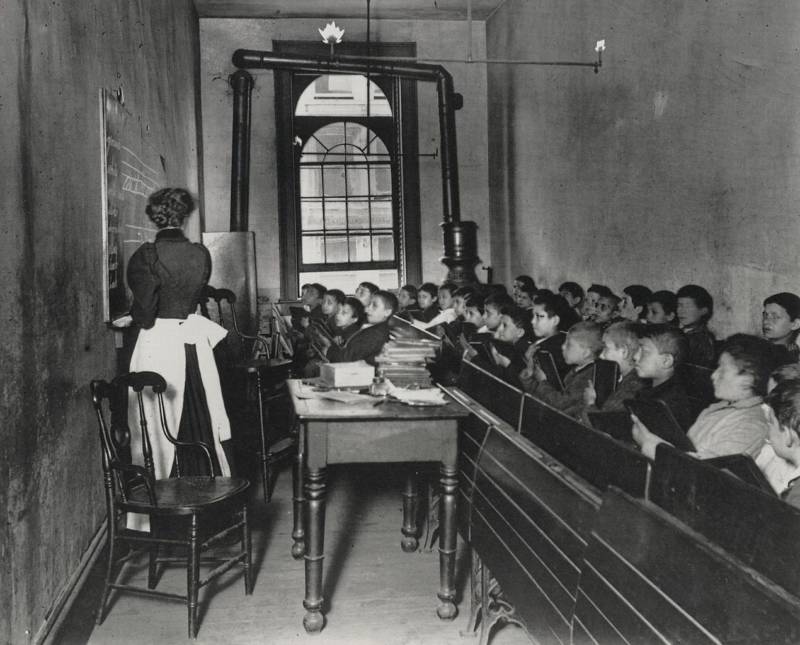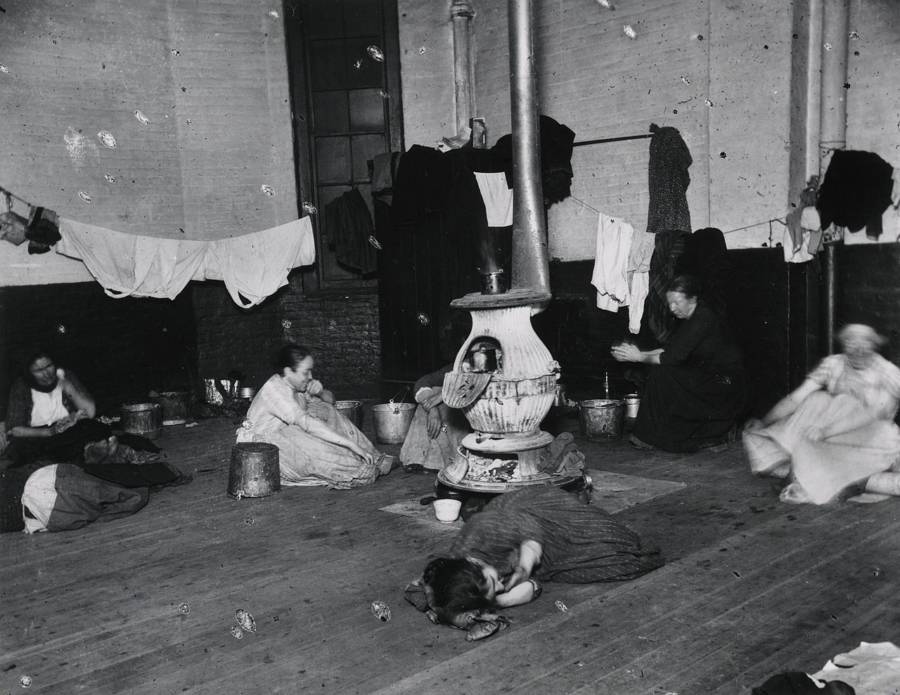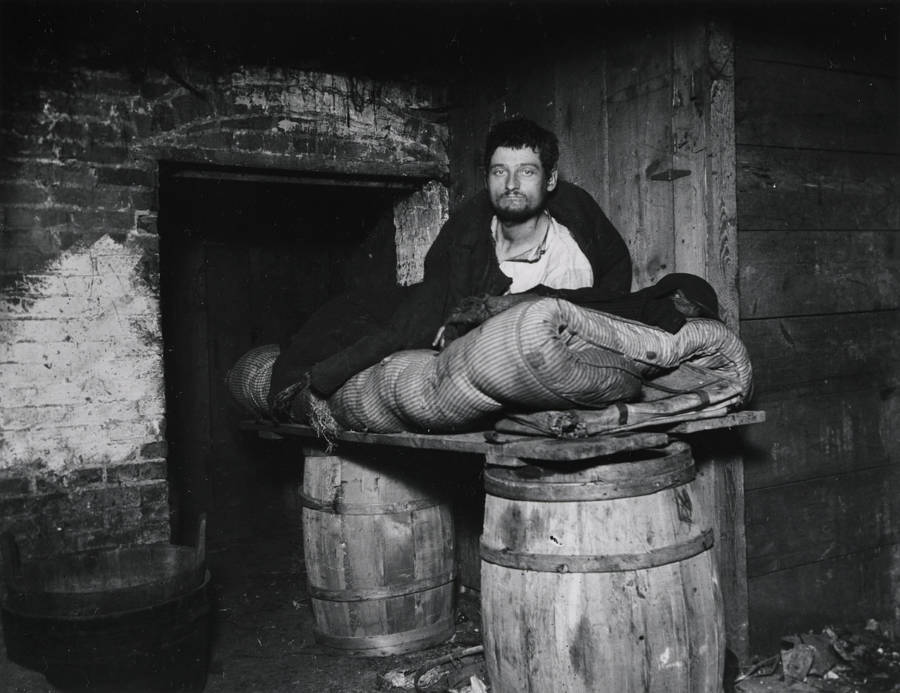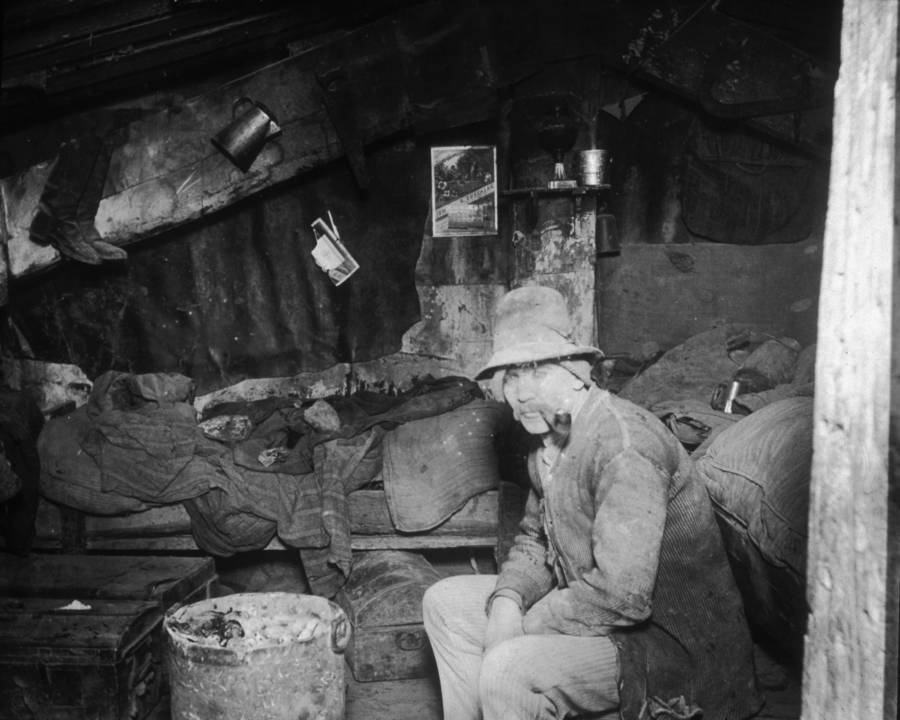In 1913 America's greatness did not yet exist

In 2012, reality TV star Donald Trump applied for a trademark of the old Ronald Reagan campaign slogan "Make America Great Again." Thirteen years later, it remains the most effective slogan in American politics. The staying power of that phrase is a testament to its ability – like Trump himself – to represent many different things to many different people. But there are two ideas that it does communicate with unmistakable clarity: America was great at some point in the past but is no longer.
In Trump's first term as president, we never got a definitive answer on when America most recently great. Did Reagan succeed in restoring American greatness, whatever that might mean? Or do we need to go back further? MAGA 1.0 gave many people a vague image of post-WWII white suburbia. A 2017 Ipsos poll found that a plurality of Republican voters (21%) thought the 1980s were the height of American greatness, followed closely by the 1950s (18%).
What I absolutely did not expect – and what I'd venture to say many of his voters did not expect – is that Trump actually had a specific year in mind (or at least has one in mind now), and that we would have to go all the way back to Gilded Age America to find it.
Trump: "In 1913 they traded to the income tax system. We used to be all tariff. And we had no income tax and we had the wealthiest country we ever had proportionately from about 1870 to 1913. We had more money than anybody."
— Aaron Rupar (@atrupar.com) 2025-04-23T15:11:51.586Z
This is a singularly weird view of American history that almost no other living person holds. It's a take so strange that it shook me out of of a two-month-long blogging slump. In that 2017 Ipsos poll, only four percent of Americans located the apex of American greatness as "before 1920" – a range that includes nine other decades besides the five Trump mentions here.
"The most astonishing thing for historians is that nobody in the Gilded Age economy — except for the very rich — wanted to live in the Gilded Age economy," a Stanford history professor told PBS Newshour. It is true that America became the richest per-capita country in the world during this period. But very few people actually enjoyed the benefits of that wealth. In 1913, the top 0.1% of U.S. households held 23% of the nation's wealth, a figure that declined steadily over the following decades before bottoming out at seven percent in 1978. (Don't worry, we were back to Gilded Age-level wealth inequality by 2013.)

These halcyon days of American greatness, in Trump's telling, also include White Redemption, in which paramilitary groups in the South violently overthrew the nation's brief experiment with multi-racial democracy and reconstituted the antebellum legal order under a new name: Jim Crow. The appalling living conditions in New York tenement housing circa 1890 were the subject of Jacob Riis' earth-shattering expose "How the Other Half Lives," which documented scenes of abject destitution, as over 1.2 million densely-packed immigrant laborers were exploited by urban slumlords.





Are these scenes of American greatness? Maybe for the slumlords, who were turning a profit and declining to invest those profits into needed improvements, all the while evicting tenants who were late on their rent. But perhaps it's only natural that Trump would sympathize with the landlords in this story.
This was quite evidently not a great time to be alive in America. If there is anything at all to recommend about the Gilded Age, it's that its excesses were so extreme as to mobilize the reform movement that produced many of the very changes that facilitated the hazy vision of mid-century greatness that "MAGA" is attempting to evoke. New housing laws attempted to stave off the predations of urban slumlords. Union membership exploded and new safety protections were enshrined into law. Women won the right to vote. Many states introduced, for the first time, primary elections and allowed citizens to amend laws directly through ballot measures. And, yes, the 16th Amendment was ratified, dramatically increasing revenues at a time when America had ambitions of becoming a global military power. (76% of respondents in the Ipsos poll cited "our military" as being "very" or "extremely" important to American greatness.)
These changes were beneficial to a great many people not named Astor or Rockefeller. Which brings us to another question raised by Trump's ubiquitous slogan: make America great for whom? In the Gilded Age, America was great for about 100 people, and they all lived in mansions on Fifth Avenue. Who, exactly, is Trump's neo-Gilded Age good for? About 100 people, and they all live in Silicon Valley or Mar-a-Lago.
"If what Trump idolizes is some part of the 19th century," writes Jamelle Bouie, "then to 'make America great again' is to make the United States a poorer, more isolated place, whose economy and government is little more than an engine of upward redistribution for a handful of the wealthiest people on the planet."
Not only is Trump manifestly incorrect that the Gilded Age was a laudable era in American social, economic, and political life – but its existence was actively impeding the birth of American greatness, as most people imagine it. Had the Gilded Age social and political order continued apace, America would have lacked both the resources and the moral authority to become the global hegemon that it was about to become. If the Robber Barons had their way, the "again" in MAGA would be utterly nonsensical. America never would have become great to begin with.
"All the armies of Europe, Asia and Africa combined ... could not by force, take a drink from the Ohio, or make a track on the Blue Ridge, in a trial of a thousand years ... At what point then is the approach of danger to be expected? I answer, if it ever reach us, it must spring up amongst us. It cannot come from abroad. If destruction be our lot, we must ourselves be its author and finisher. As a nation of freemen, we must live through all time, or die by suicide." - Abraham Lincoln, 1938
And today, it's astonishing how quickly the living embodiment of "MAGA" has succeeded in wiping out an entire century of America's actual greatness. With only nominal resistance from the courts and Congress, President Trump has lurched the global economy into a pointless recession, done incalculable damage to America's leadership in scientific research, and illegally gutted the very programs that helped create the post-war boom on which the nostalgic appeal of "MAGA" so heavily relies.
Yet despite everything, Trump may, in the end, succeed in making America great again. Just as Edmund Ruffin, the pro-slavery confederate soldier who fired the first shot at Fort Sumter, is often said to have been the most effective abolitionist who ever lived.





